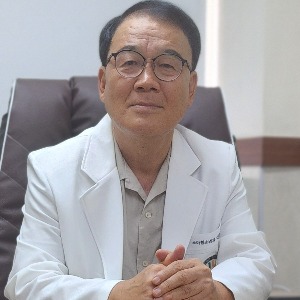Prosthesis
Prosthesis is a medical device designed to replace or augment a missing or impaired body part. These artificial limbs, commonly used in orthopaedics, aim to restore functionality, improve mobility, and enhance the overall quality of life for individuals with limb loss or limb abnormalities. Prostheses are customized to match the anatomical and functional needs of each individual, considering factors such as the level of amputation, the person's lifestyle, and specific functional requirements. Advances in materials and technology have led to the development of highly sophisticated prosthetic devices, ranging from basic cosmetic prostheses to bionic limbs equipped with sensors and microprocessors, enabling more natural and intuitive movements. Prosthetic limbs can be categorized into upper limb and lower limb prostheses, each serving unique functions. The fitting process involves close collaboration between prosthesis’s and patients to ensure optimal comfort, function, and alignment. Ongoing adjustments and regular follow-ups are essential to accommodate changes in the individual's residual limb and maintain optimal prosthetic performance. Prosthetic rehabilitation often includes physical therapy to aid in the adaptation to the new limb and improves overall functionality. Beyond physical aspects, prosthetics contribute significantly to psychological well-being, fostering a sense of independence and self-esteem for individuals with limb loss.

Jay Spector
American Academy of Podiatric Sports Medicine (AAPSM), United States
Marcia J Scherer
Institute for Matching Person and Technology, United States
Marcos Brioschi
American Academy of Thermology, United States
Ady M Correa
University of Miami, United States
Blair Gorenberg
Shirley Ryan Abilitylab, United States
Roberta Sartori
IRCCS Materno-Infanitle Burlo Garofolo, Italy




Title : Best practice guidelines for the use of pharmacological neuromodulation in disorders of diminished motivation: A comprehensive approach
Vaidya Balasubramaniam, Illawarra and Shoalhaven Local Health District Hospitals, Australia
Title : A forgotten component of knee osteoarthritis
Ron Blehm, EEI Physio LLC, United States
Title : Functional outcomes of DSSA-Based pelvic rehabilitation combined with manual therapy and electrostimulation in men after oncologic surgery: A retrospective case series
Eren Uyar, Fizyomen Physiotherapy & Rehabilitation Center, Turkey
Title : We are living and working in the age of individualization
Marcia J Scherer, Institute for Matching Person and Technology, United States
Title : Efficacy of Inspiratory Muscle Training (IMT) in post-weaning ICU recovery: A clinical randomized controlled trial
Warda Khan, Chongqing Medical University, Pakistan
Title :
Subramanya Adiga, Middlemore Hospital, New Zealand